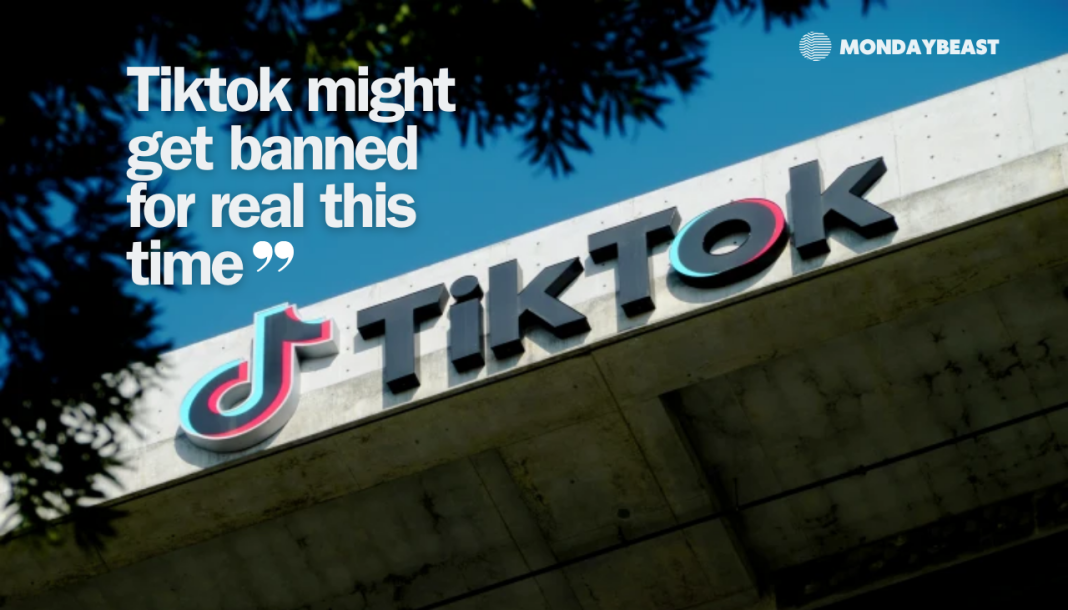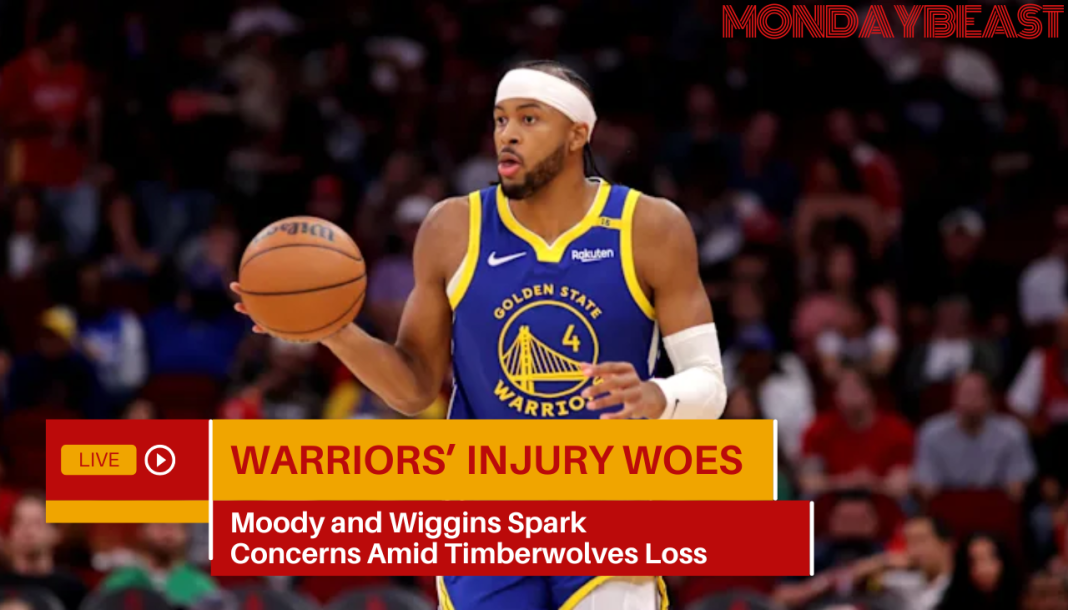Are you wondering what a potential TikTok ban means for your daily life? How will it affect your freedom to express yourself online? With millions of Americans relying on TikTok for communication and creativity, these questions have become more important than ever.
On Friday, a significant ruling emerged from a federal appeals court. The D.C. Circuit upheld a law that could lead to TikTok’s ban in the United States. Many users are reeling, pondering the implications of losing a platform that has become integral to their lives.
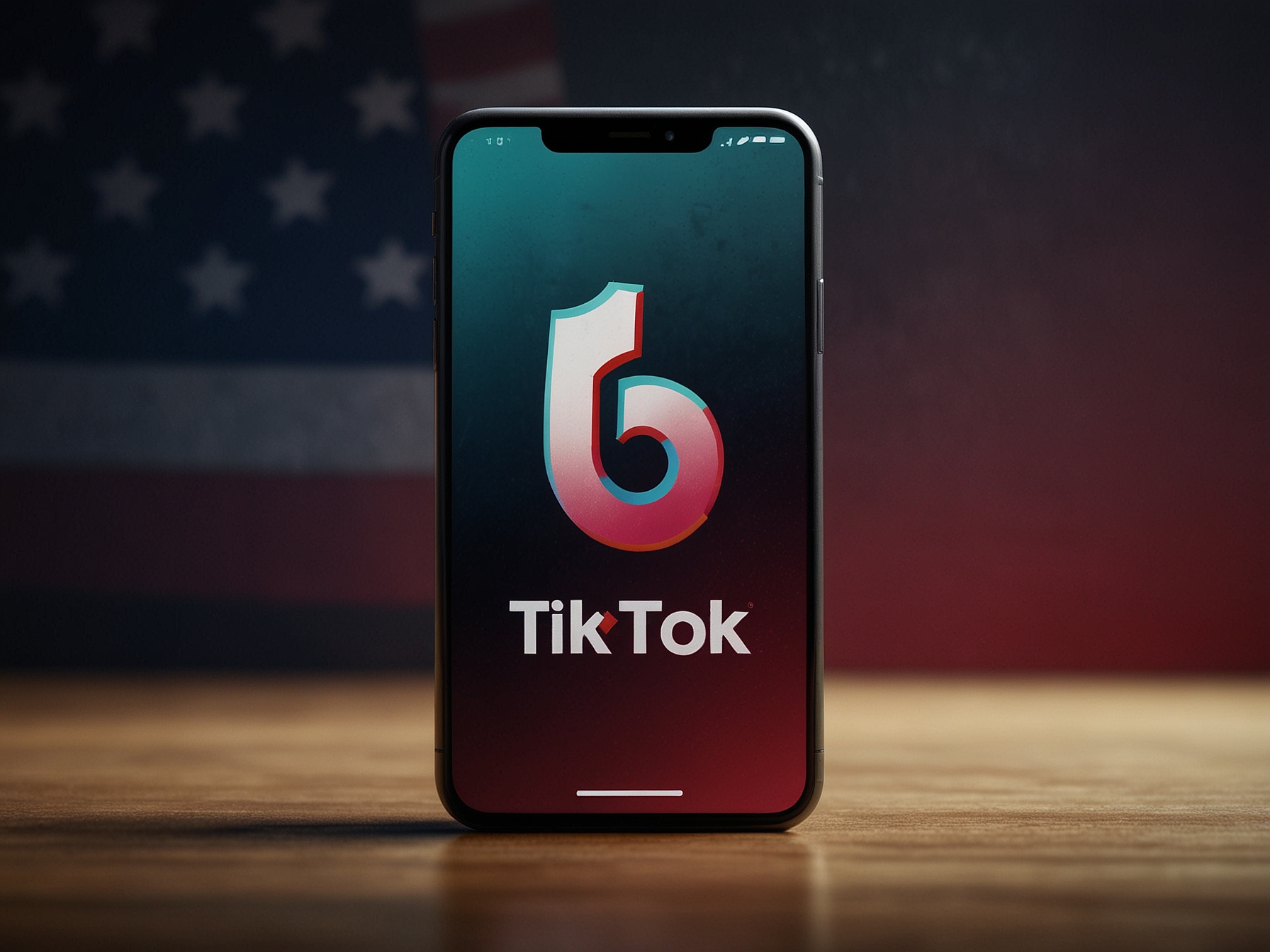
The court’s unanimous decision rested on national security concerns. TikTok, owned by the Chinese company ByteDance, has been at the center of a heated debate about data privacy. Critics argue that the app could be used to harvest information from its users in the U.S.
This ruling made clear that if ByteDance does not divest TikTok by January 2025, the app could soon face an effective ban. Imagine waking up one morning to find TikTok unavailable. It’s a chilling thought for its vast user base, estimated at 170 million Americans.
In its defense, TikTok asserts that the accusations against it are rooted in flawed reasoning. The company claims there’s no evidence that China influences its algorithms or collects user data inappropriately. Many users echo this sentiment, insisting that they have a right to use the app freely.
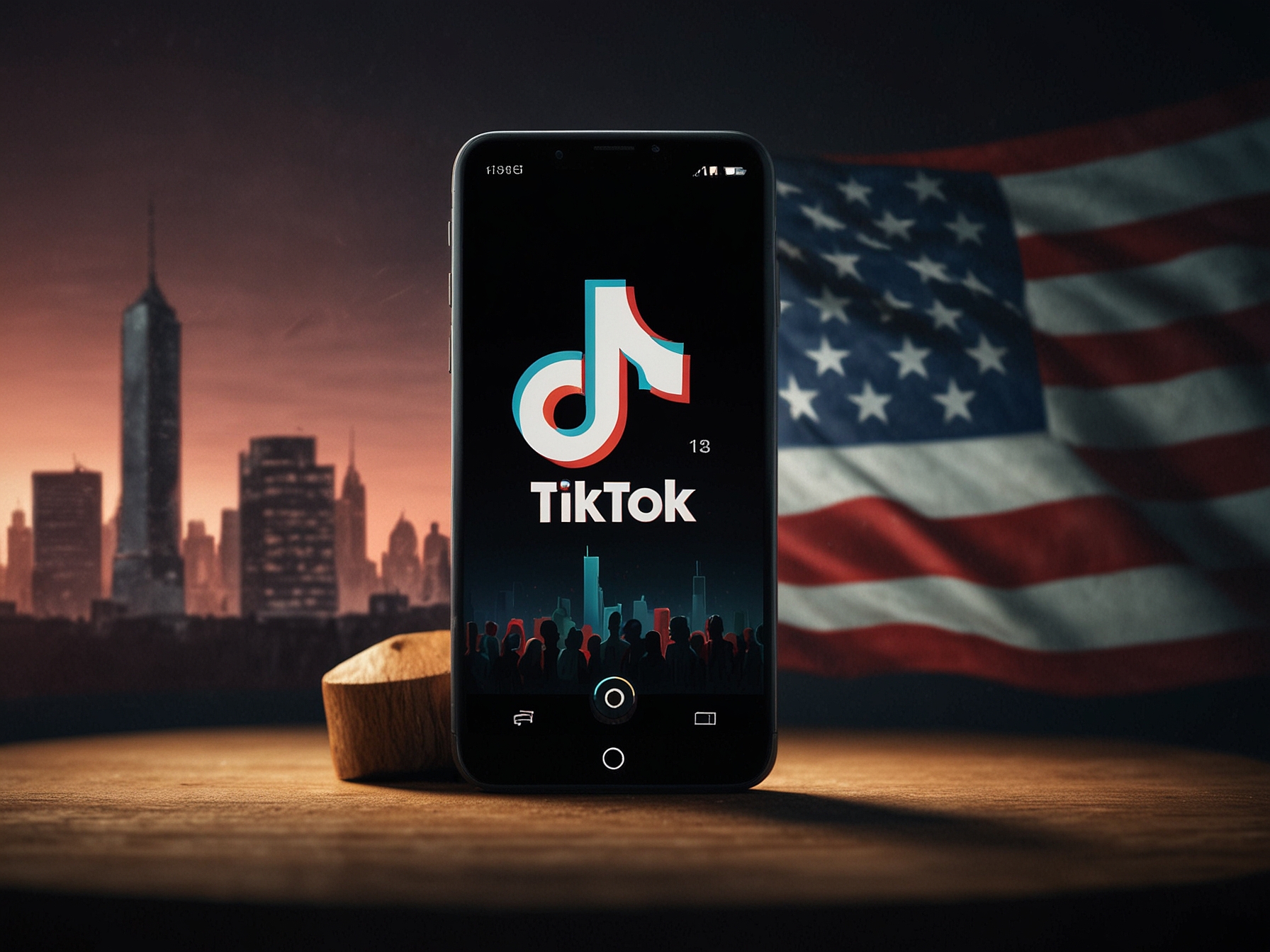
The lawsuit has made its way to the highest court in the land. TikTok is pinning its hopes on the Supreme Court, which has historically defended free speech rights. The stakes couldn’t be higher.
TikTok has become a vital medium for many, serving as a stage for voices, thoughts, and businesses. Supporting this narrative are organizations like the ACLU. They argue that the ruling poses a grave threat to free expression.
“Can the government truly restrict a communication platform without dire evidence?” they ask. The fear is real—should this precedent stand, could more platforms become targets? TikTok users have created a vibrant digital community.
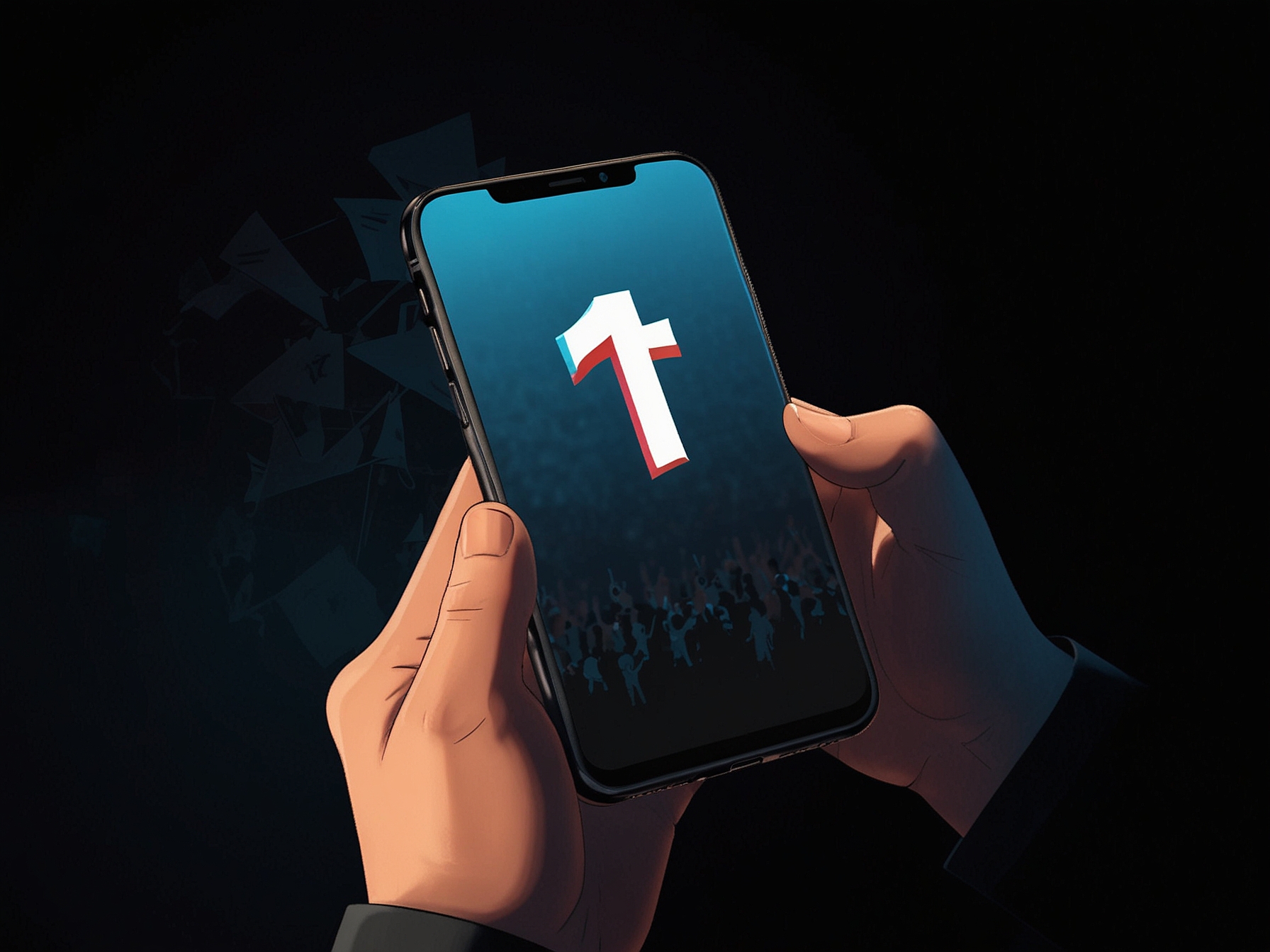
Many have turned to the platform for small business promotion, artistic expression, and information sharing. What happens when those channels are cut off? The conversation around this potential ban isn’t just a technical one; it impacts real lives.
In today’s era, TikTok is also viewed as a modern-day search engine. It connects people to news and trends faster than some traditional outlets. For many, scrolling through TikTok isn’t just entertainment; it’s often a way to stay informed.
How will millions adjust if TikTok vanishes? The commentary around the TikTok ban is emotionally charged. Politicians, creators, and everyday users hold different opinions on the matter.
Some see it as a necessary security measure; others view it as an assault on free speech. The division echoes the current political landscape. As the Supreme Court prepares to review this case, the future of TikTok hangs in the balance.
What will happen next? Will the app continue to thrive, or is this the beginning of its end in America? The answers remain clouded in uncertainty. However, one thing is clear: Americans place great value on their online platforms.
In a world increasingly reliant on digital expression, the potential loss of TikTok raises profound questions. With millions of users awaiting the Supreme Court’s decision, the outcome will ripple through the fabric of online communication.
Losing TikTok could mean losing a piece of many users’ identities. This conversation is far from over. For many, TikTok is a canvas for creativity and community.
The ruling must be understood beyond legal jargon; it’s a matter of personal freedom. As this debate unfolds, we must all ask ourselves, “What does this mean for our right to express ourselves online?”

